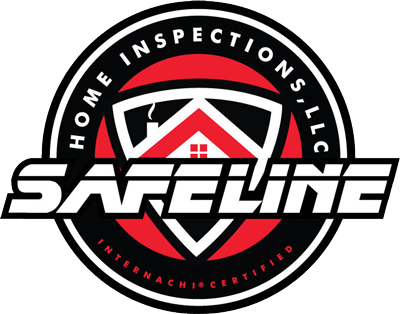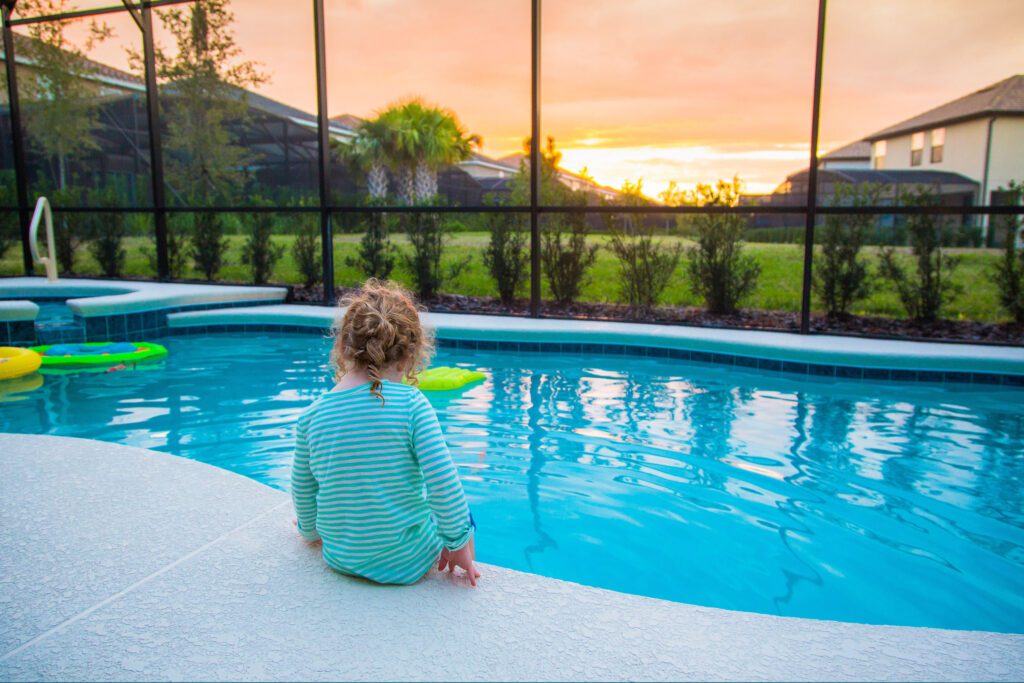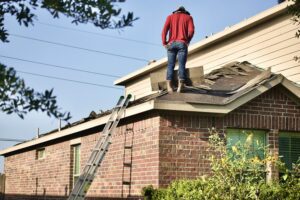A swimming pool is meant to give us relaxation. It is a place we can enjoy ourselves with loved ones. Yet, it is common for people to drown or come dangerously close to drowning in a pool. The majority of these occurrences are entirely avoidable, especially those that take place in domestic swimming pools. Because of this, Florida has very precise laws concerning the installation of swimming pools in private homes. The objective is to make sure that swimming pools are accessible to all people while also assisting in the protection of individuals, especially youngsters. We want to make sure that you understand the importance of pool safety.
Important Safety Measures for Pool Owners In Florida
For a swimming pool to be awarded a certification of completion and complete the required pool inspections Tampa, the pool must fulfill at least one of the safety measures mentioned below:
- Either the residence must be separated from the swimming pool by an enclosure equipped with adequate barriers (which will be covered in the next section), or the pool must be inaccessible from the home.
- A safety pool cover must be installed on the pool; otherwise, the pool cannot be used.
- An escape alarm with a loudness level of at least 85 dB at 10 feet away must be installed on every door or window leading directly from the house to the pool.
- Every entrance leading from the house to the swimming pool has to have a self-closing/self-latching gate installed, and the latching mechanism must be a minimum of 54 inches above the surface.
If a person who owns a new home pool fails to install at minimum one of the above safety measures, they risk being charged with a violation. Suppose the individual in question sets up one of these safety measures in their pool and participates in a drowning prevention educational intervention within forty-five days of being arrested or issued a summons. In that case, there will be no repercussions taken against them.
Pool Barriers Requirements Around The Pool
One of the safety measures was evaluated and found to be satisfactory for use as a barrier. The following features are necessary for a pool barrier around a private residence to be considered adequate:
- It must have a height of at least four feet when seen from the outside.
- A kid must not be able to climb over, under, or around the barrier in any way. There must not be any spaces, indentations, protrusions, apertures, or other components that would enable them to do so.
- The barrier must be installed around the pool’s edge and be distinct from any fencing, walls, or enclosures surrounding the property.
- After crossing over, around, or beneath the barrier, a youngster or an older adult who is fragile or otherwise vulnerable must be able to move freely without fear of falling into the water. This may be prevented by positioning the barrier at a safe distance from the edge of the body of water.
Safety Measure When Using A Pool
The arrival of warmer weather and the start of the swim season prompts us, your Tampa home inspector to share ten crucial safety measures for swimming pools. Be sure to review some key pool safety regulations with your kid before the formal start of the swimming season, regardless of whether they are at a domestic or public pool.
Diving is prohibited in the area closest to the shore.
We advise that you only dive into approved locations. Also, diving into an above-ground level is strictly prohibited at any time. Injuries sustained when diving might have long-lasting repercussions.
Take a walk rather than a run.
Never, ever run anywhere near a water body, especially a swimming pool; this is the most crucial guideline for your protection. The risk of slipping and falling on wet pavement is relatively high and may lead to catastrophic injury.
Avoid playing near drains and suctions at all costs.
Drains and coverings for swimming pools pose a risk even when installed correctly. Never go near any drains or covers while you are playing. Entrapments happen when someone or anything becomes trapped in these drains or suctions, and they represent a significant risk to small kids who cannot free themselves. Entrapments may also happen to adults. If you own a pool, you should make it a habit to do routine checks on the drains and covers to verify that they are operating correctly.
Pay attention to the regulations of the pool and follow them strictly.
Various public pools may have varied restrictions on behavior and play while in the water, including what clothes and toys are permitted. Always act following the pool’s regulations.
No roughhousing of any kind.
When playing roughly in the pool, particularly with younger children, there is always the risk of an accident involving drowning. No one can dive beneath the water or jump on each other while in the pool.
Swim with a buddy at all times.
Even if a youngster has shown that they are an experienced swimmer, they should never be left alone in a swimming pool under any circumstances. Swimming alone is dangerous for everyone. It is much more probable for a person to drown in an accident if they are alone or unsupervised at the time.
Make sure you protect yourself from the sun.
When swimming outside, wear sunscreen and dress appropriately for spending time out in the sun. SPF 50 shirts are great for kids that do not like to wear sunscreen. Just make sure to replace the shirts every so often because as they wear the SPF rating will drop over time. This is of utmost significance for young people.
No swimming if a storm is on the horizon; stay indoors.
Lightning can strike abruptly even when no rain is in the air, and the sky is clear. Did you know that Tampa is the lightning capital of the world? When a storm is on the horizon, seek shelter and avoid being in the water for at least half an hour after the last instance of lightning or thunder that you can hear or see. We recommend using an app like weather bug to track lightning strikes in your area.
Ensure that all of the pool safety equipment is used correctly.
The devices meant to keep people safe around pools should never be treated as toys. Oftentimes, some private pools do not have any equipment at all. Check that all the machinery is adequately maintained and ready for operation whenever required.
Be familiar with how to react in a crisis.
Parents and other caregivers need to have a basic understanding of CPR and first aid. Maintain a constant presence of a telephone. Children must immediately alert an adult if they see anybody else experiencing trouble using the pool.
Final Thought
Swimming pools can be a lot of amusement, but it requires being careful. Pool safety is essential in ensuring the pool is fun and lasts for a long time. If you have concerns about your swimming pool and would like us to perform a pool inspection let is know. Call us at 813-777-8851. Click the link if you would like to read more about how we perform our pool inspections using the Hummel scrape method.
References
[1] https://www.bernsteinandmaryanoff.com/blog/what-are-the-safety-requirements-for-my-pool/
[2] https://zarzaurlaw.com/accidental-child-drownings-and-the-florida-residential-pool-safety-act/
[3] https://www.watersmartfl.com/requirements/index.html
[4] https://www.jimersonfirm.com/blog/2015/11/florida-residential-swimming-pool-safety-act/



